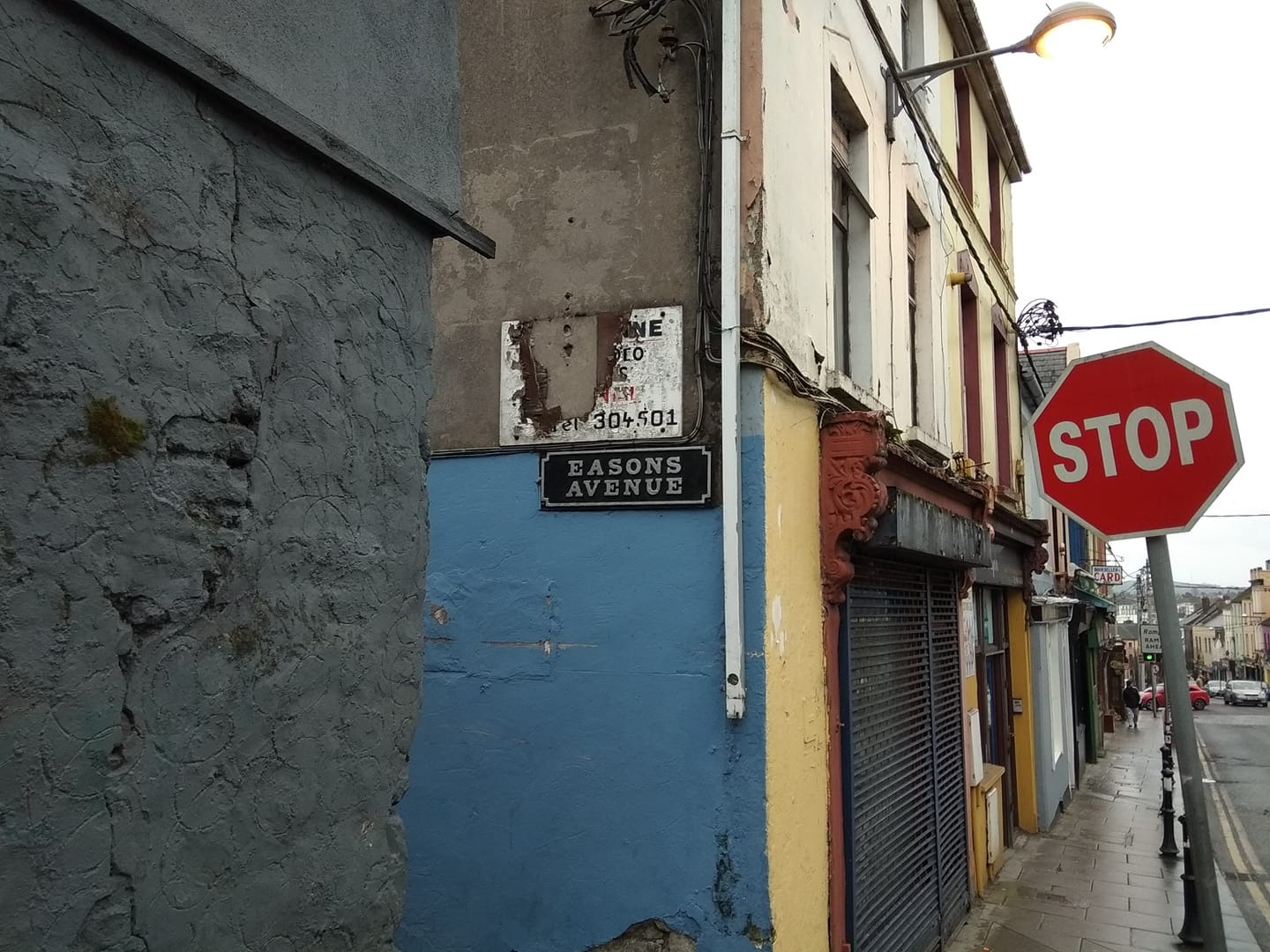October 16, 2021 - We are delighted to welcome back Nikolina Demark, the TCN Writer of the Year in 2017, who is now back in Rijeka after her 3-year assignment to report on Croatian emigration to Ireland. Part 1 - the accommodation reality.
In October 2018, I moved to Ireland. I had one box of clothes shipped to my partner in Cork and boarded a plane with a carry-on and a backpack. My one-way ticket cost me €32.
A few years and one pandemic later, we’re back in Rijeka, Croatia. It was our plan from the start and we’re happy to be home again.
This isn’t a novelty: we followed in the footsteps of more than 20,000 Croatians who had moved to Ireland in the last decade or so. Some have returned, some have not. Countless reports and impressions have been sent our way from the Emerald Isle, and it often seems like there’s nothing more to be said.
Well, I’ll say a few things anyway. I’d like to offer an overview of my experience, but instead of pointing out the obvious in a few bullet points - The weather is bad! But there are many jobs to be had! - let’s take an in-depth look into the realities of moving to Ireland.
Starting with the most sobering reality of them all….
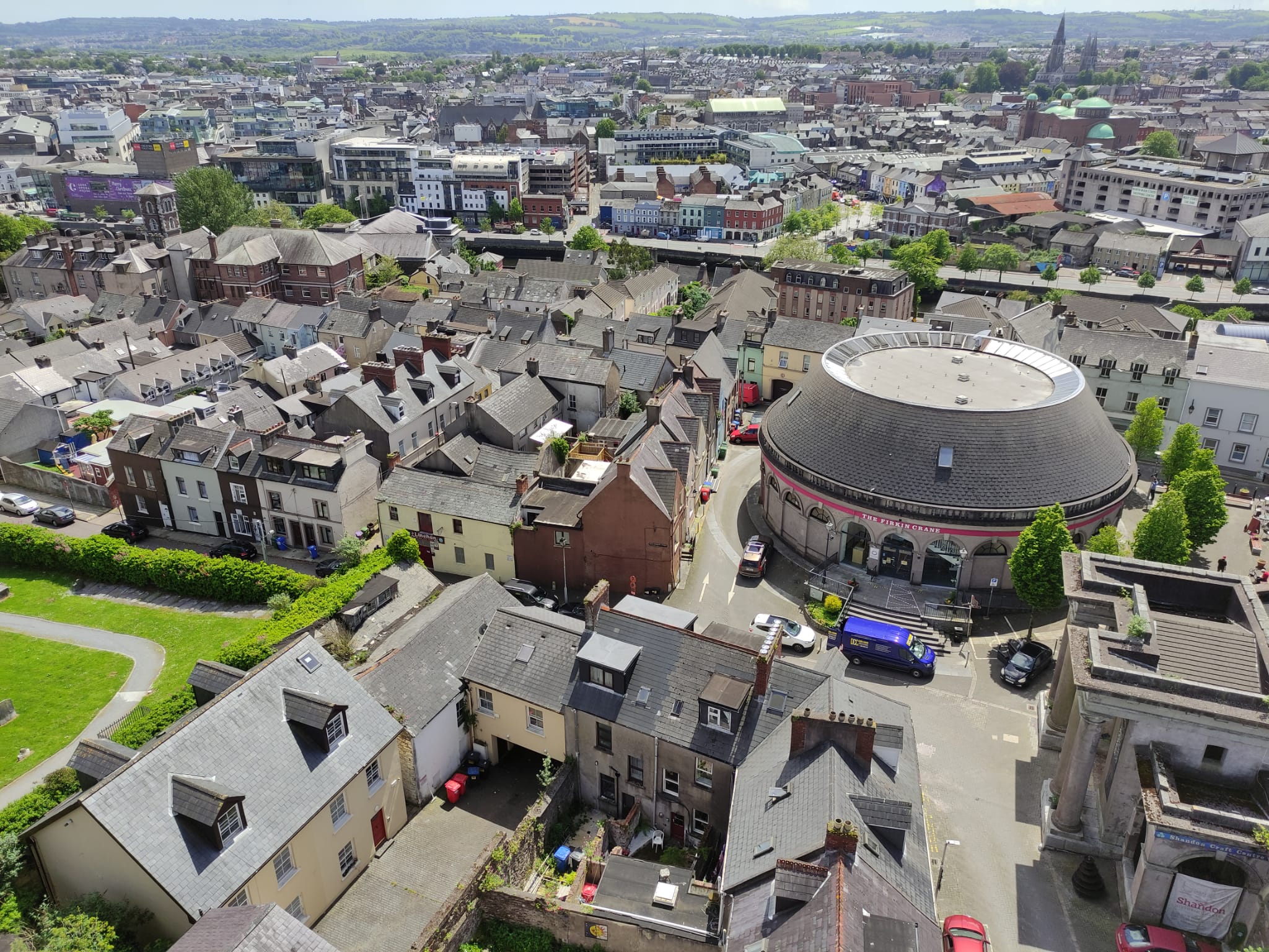
The rampant housing crisis.
It’s become a well known fact that it’s much easier to find a job in Ireland than a place to live. The situation has been dire for years now but keeps getting worse - whether you’d like to rent or buy, the housing crisis has everyone jumping through hoops to find accommodation. The hoops are on fire. Everything’s on fire.
There’s a critical shortage of homes to rent: in August 2021, there were only around 2400 properties available for rent nationwide. Outside of Dublin, that total drops to 800. In the entire country. Houses, apartments, rooms and sheds get scooped up as soon as the listings go live.
As I’m writing this, Daft.ie, Ireland’s leading property website, shows a total of 54 apartments available for rent in Cork city, which has a population of roughly 190k. All were listed in the last week or so, each having amassed a couple of thousand views already. I’d bet you a few have been taken off the market in the time it took me to finish this paragraph.*
The demand far outweighs the supply, allowing the landlords to dictate pricing as they see fit. Rent prices are skyrocketing and showing no sign of deflating anytime soon: the average monthly rent has doubled over the last decade, from €742 in 2011 to €1477 in 2021.** Dublin city tops the list with an average rent of €2035, followed by Cork city where the average currently stands at €1524.
Compared to that, our one bedroom apartment in Cork city center which we got for €1150 a month in late 2018 now almost seems like a fabulous deal. Cork city is a Rent Pressure Zone, meaning that the annual rent increase for any given property is legally capped at a fixed rate of 4%. This helps to a certain extent, but most property owners have been making the most of those 4% in recent years, squeezing every last available cent out of their tenants.***
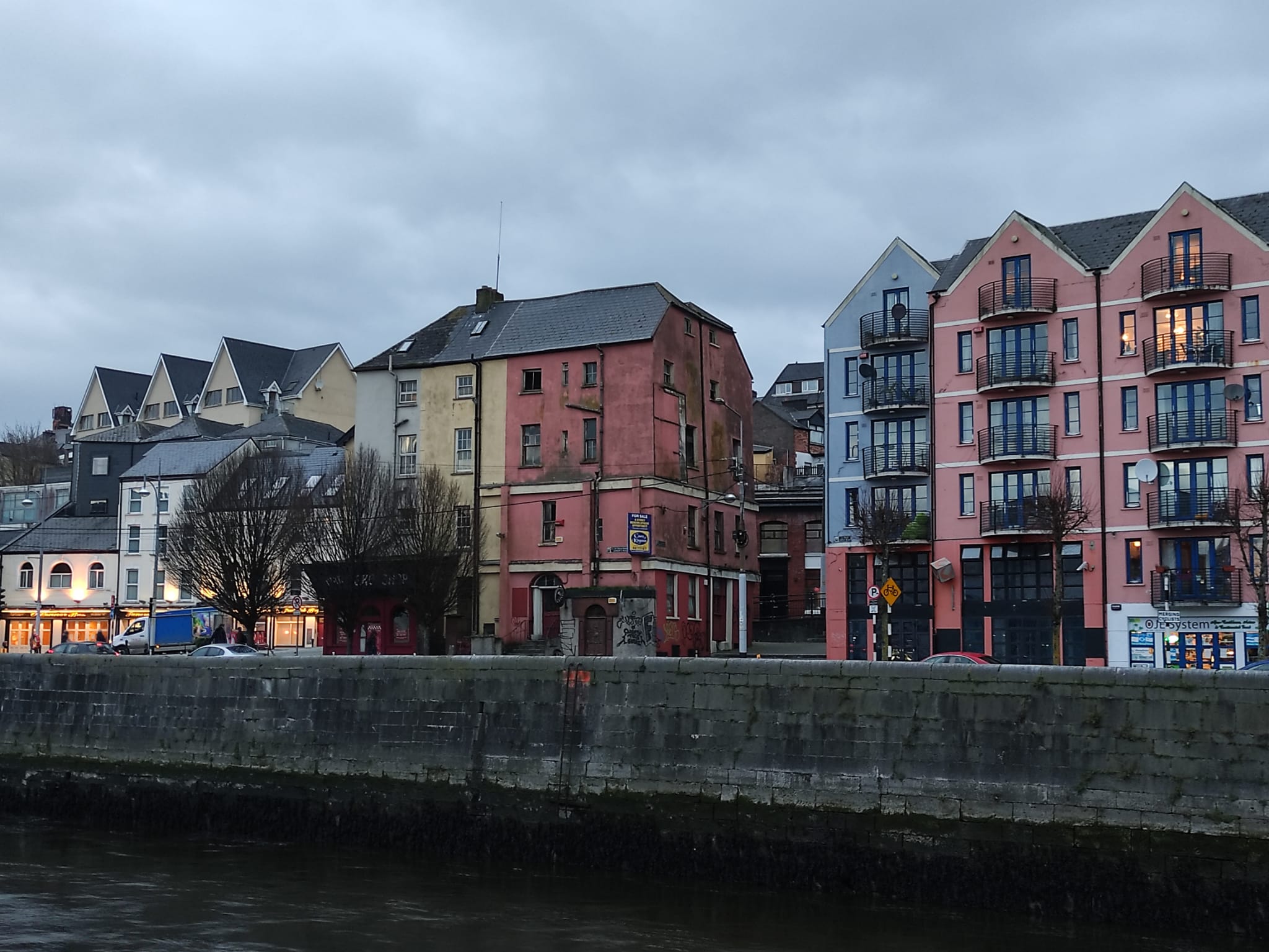
Can you even afford that?
Technically, yes. But it’s not going to be much of a budget.
When I first moved to Ireland, almost 50% of my monthly paycheck went towards my share of rent and utilities - and my starting salary was more than the minimum wage. A raise or two later, the same cost of living was equal to a third of my monthly pay. It’s manageable, and I was getting by pretty well on the rest of my disposable income... but if I had pets, kids, a car, debt, or any other source of expenses, it would have been a different story. More on that in a future blog.
There are ways of cutting costs, of course. Shared accommodation is the most logical option, and the rental offer slightly expands when you’re looking to rent a single or double room instead of the whole property. This will cost you €500-600 a month on average, getting lower the further you move from bigger urban areas. However, the properties often have 4 or 5 bedrooms, and you can end up sharing a house with a few more flatmates than a typical Croatian is used to. It can be rewarding, but it’s also a gamble. I might have seen this as a fun living arrangement 10 years ago, but these days, I’m willing to pay a bit extra for some privacy. Anyone moving to Ireland with a partner and children probably won’t like this solution either.
Housing is cheaper in rural areas, but less populated places go hand in hand with less chance of finding work unless you’re fully remote. Commuting is an option, but can turn into a real headache - infrastructure in Ireland leaves a lot to be desired. Public transport is unreliable or even nonexistent in some places, and you’ll likely need a car to get to the office and back.
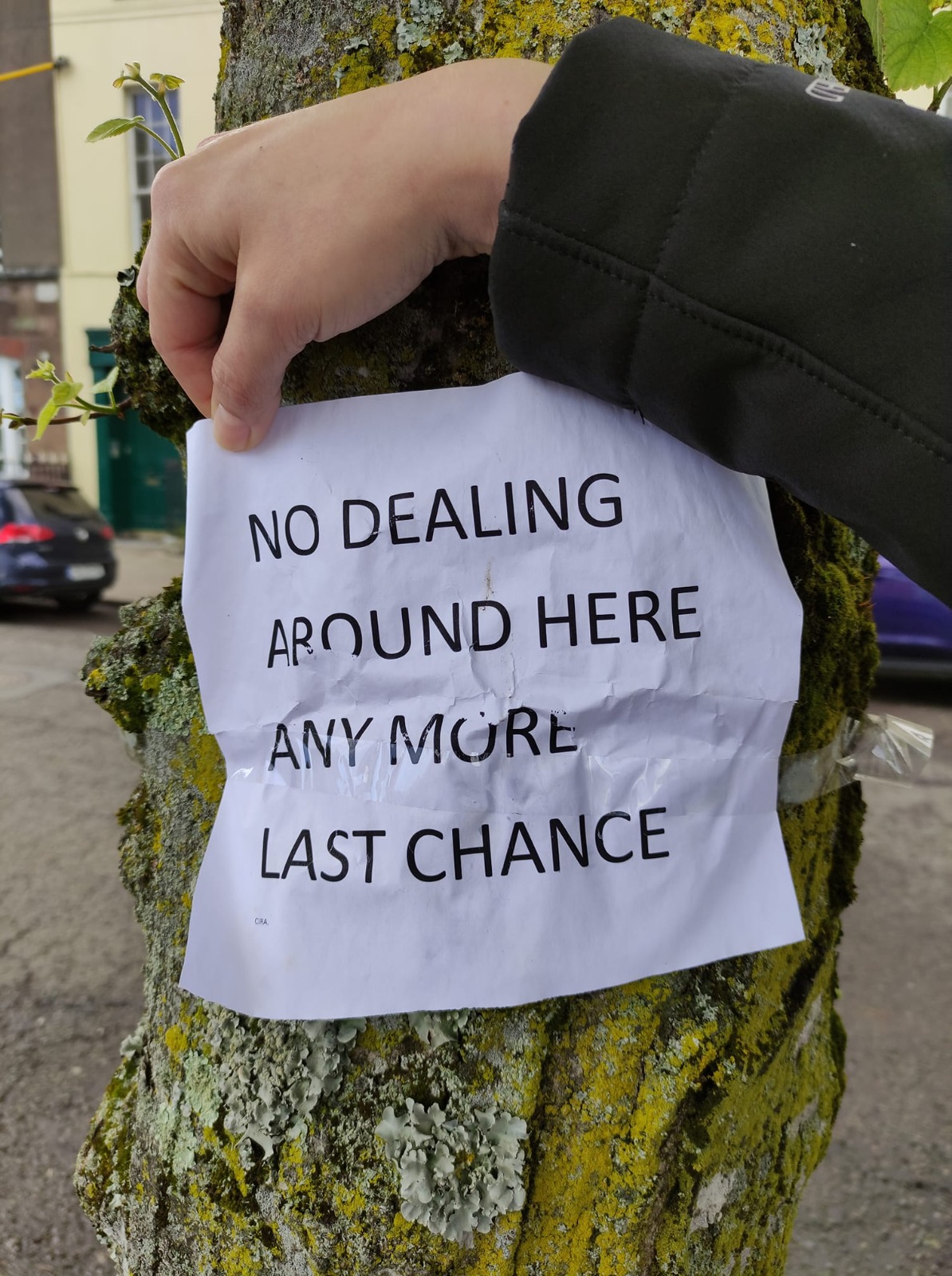
Even if you get lucky and score a place at a good location, consider that you’ll have to add a hefty security deposit on top of the first month’s rent in order to move in. This usually matches the monthly rent amount, but can be higher - e.g. we were required to pay a deposit of €1400 for the €1150 apartment mentioned above.
This means you’ll need to have close to €3000 saved up to rent a whole apartment in most urban areas in 2021 - a bit less in the suburbs or smaller towns, and quite a bit more if you’re starting a new life in Dublin. If you’re only renting a room, you’ll need around €1000.
And it’s not just a question of handing over the cash: you will typically need to provide a recommendation from your previous landlord, as well as proof of employment. Some landlords will require potential tenants to present a few months’ worth of payslips as proof of financial stability.
Someone who just landed in Ireland will certainly find all of the above quite challenging. People often start apartment hunting in advance, scouring Facebook groups and property sites. Subletting, staying with friends/family where possible or booking a few weeks in a hostel are the most common ways of finding one’s ground while looking for work and permanent accommodation.
It’s an uphill battle, and it’s not particularly rewarding. When you get to the top of that hill, you’ll find an absence of insulation, poor water pressure and black mold.
Here’s some advice: get everything in writing. If you get invited to a viewing, don’t show up without the deposit and first month’s rent. Request and keep receipts for every transaction or agreement you’ve made. Take photos of every single nook and cranny in your house the moment you move in. If you’re a light sleeper, get blackout curtains, as blinds aren’t really a thing in Ireland and the sun rises before 5AM in summer. Don’t wait too long to buy a dehumidifier, and invest in a decent one. Anything under €100 isn’t a decent one.
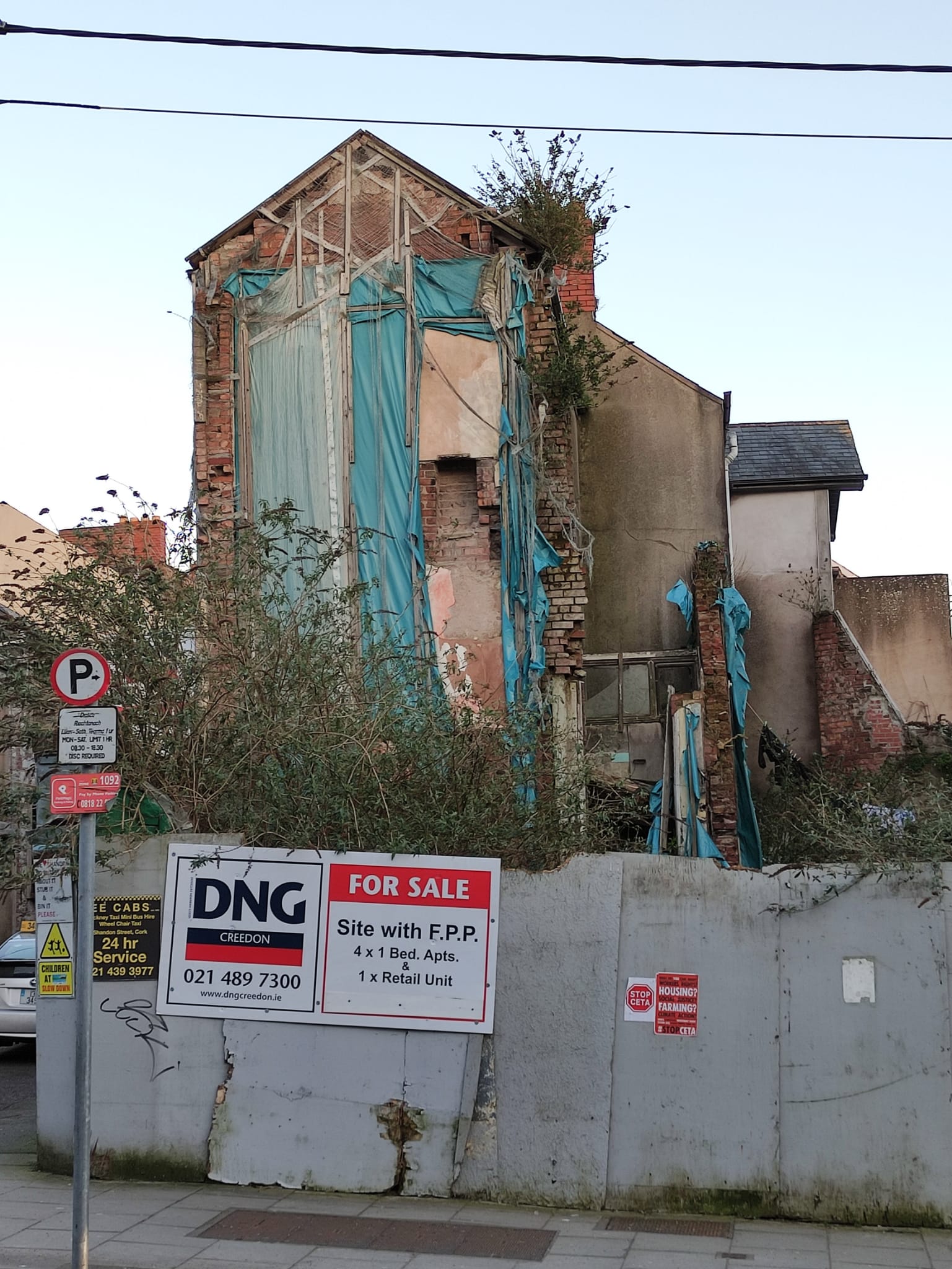
How about buying?
A year goes by. You do a bit of Croatian emigrant math one day and it turns out your one bedroom apartment has already cost you 100.000 kuna. Two more years pass and the grand total can now buy you a nice little studio apartment in Croatia.
When you move to a country with a higher living standard, you quickly learn it’s not wise to do any conversion of this kind. It’s self-torture, it doesn’t serve any purpose, but it’s so deliciously tempting and you keep doing it anyway.
However, it gets you thinking about all that money going down the drain with nothing to show for it. Croatians and the Irish share a certain obsession with private property - a primordial urge to own the land we live on seems to be ingrained in our respective genetic codes, and long-term renting is still often viewed as failing in life. That, or we just want to stick it to the landlords. So we pay the banks instead.
Shockingly enough, a mortgage is much more affordable than renting in Ireland these days. (The system is broken!, echoes a cry from the crowd.) Specific amounts will vary depending on a few factors, but it’s not surprising to see a monthly mortgage payment amount to half of an average monthly rent. Since it’s likely that the rent surge will keep on surgin’, why not buy now instead of renting indefinitely?
A few reasons. One, property prices in Ireland are out of control. According to the latest quarterly report by Daft.ie, the average price of a property in Cork city currently stands at €307.464. In Dublin, it’s €399.323. The national average? €287,704. I could go on, but you get the gist. The market has seen an 11% growth in pricing this year alone.
Say you really have your heart set on buying a house. First-time buyers are required to pay a 10% deposit and can apply for a mortgage to cover the remaining bulk of the price. Admittedly there are areas of the country where real estate is more affordable, but even in the lower price range, when you tack on a few thousand euro for various fees, you will likely need to save up over €20.000 to be considered a prospective buyer. It’s definitely doable, but takes time and discipline - and the prices will keep inflating while you’re saving for a down payment.
Once you’re ready to buy, finding a property for sale that suits your needs and which you can afford will prove to be a challenge. Supply is scarce, and it’s estimated that only around 20,000 new homes will be built this year, whereas 35,000 more are needed on the market.
What little is built isn’t necessarily available for purchase. It’s typically big international investors that are either financing new developments, or acquiring the bulk of them only to lease them out (again pushing up the rent prices as a result). An average individual looking to buy ends up empty-handed. I have friends and acquaintances who are planning to soon tackle the property market in Ireland, and I can imagine the world of frustration that lies ahead.
We did not have to deal with this particular nightmare, as we had no intention of staying in Ireland long-term. I did think about this a lot, though. From an emigrant’s perspective, it’s one of the turning points on the road to settling down in a foreign country. Years can go by and you can feel assimilated in every other regard, but if you don’t buy a home, are you really committed? Are you really sure you want to build a future there, or are you still just visiting?
Back in Croatia...
We returned to Rijeka in late June and went on to stay with family for the next few months. Knowing we would be going back and forth a lot between a few different locations, it made no sense to rent an apartment right away.
Being able to make a deliberate decision to temporarily live out of our suitcases was a luxury, in stark contrast to Ireland where it often isn’t a question of choice these days. Rent prices are hiking up in Croatia as well, and more expensive rarely equals higher quality of accommodation, but at least there’s accommodation to be found at all.
As weeks went by, I started looking forward to having a home base again. We lucked out and signed a lease for a lovely apartment at a reasonable price in less than a week.
That being said, while I was scrolling through the listings, I was surprised to see that quite a lot of landlords are now accepting applications from college students only. They lease out the apartments over the school year, then have the tenants move out at the start of the summer season so they could rent to tourists from June to October. It’s not a new phenomenon, and it’s been preventing locals from finding long-term accommodation in tourist hotspots such as Split for years now. I just haven’t noticed this in my hometown before, and while I’m glad that Rijeka is becoming more tourism-oriented, I hope this won’t get out of control anytime soon. Or we just might be forced to buy, and with the current prices per square meter….
I guess the grass isn’t very green on either side.
------
*I checked again a few hours later. There are now 39.
**The minimum hourly wage has not kept up with the dramatic inflation in rent prices. It grew from €8.65 to €10.20 - before tax - in the last 10 years. In 2021, a minimum wage earner makes €1584 a month after deductions. If they were to rent at the average price of €1477, they’d have enough left over for a few pints to drown their sorrows in. Of course, this is not a realistic turn of events. I just want to stress how much I don’t like the ratio.
**The 4% rate has been replaced with the rate of general inflation in July 2021.
For more news and features from the Croatian diaspora, follow the dedicated TCN section.


